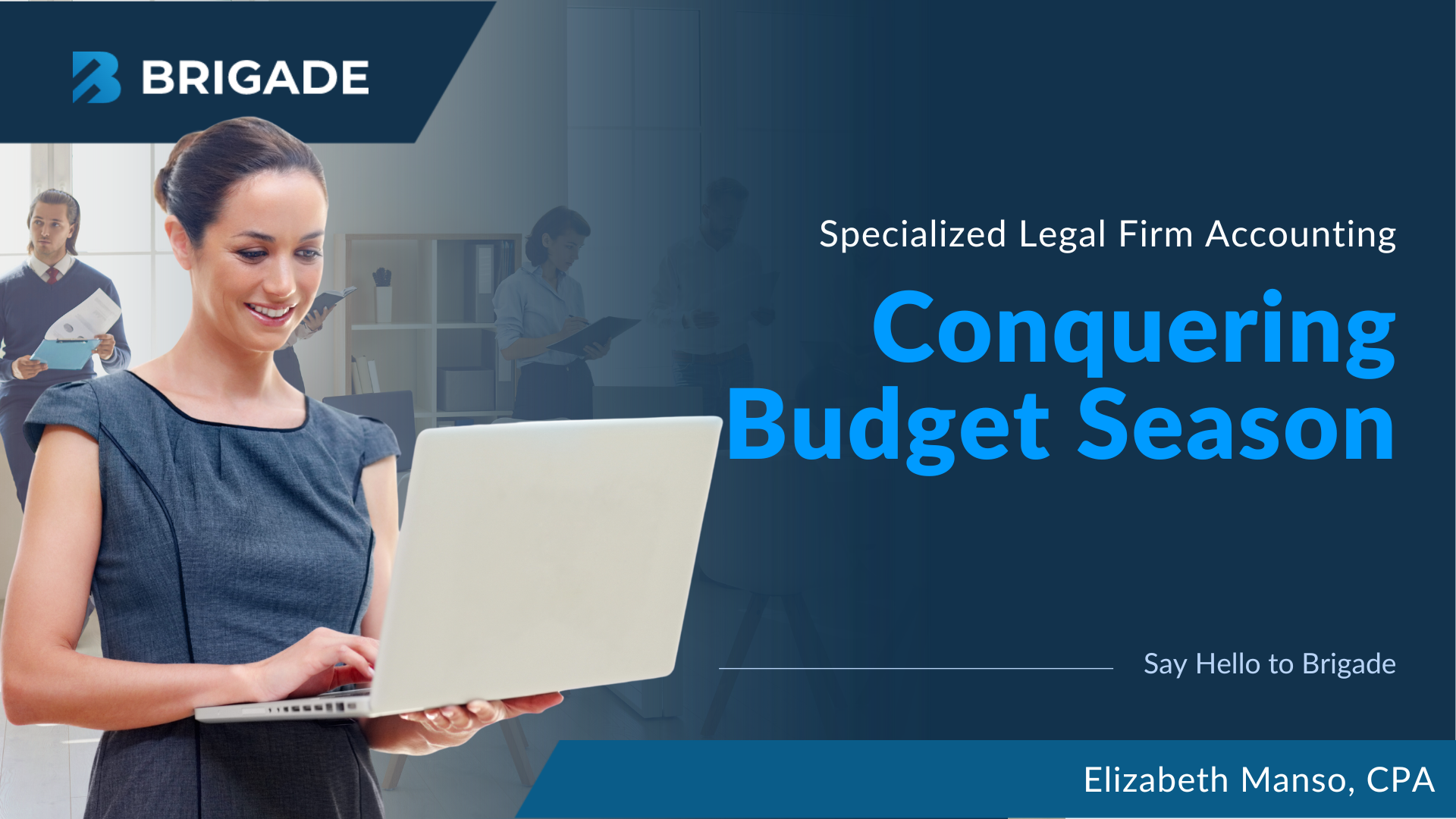
For the upcoming tax season, I bet the search term that gets the most traffic will be “home office tax breaks.” Who qualifies and what is deductible gets confusing in any year, and I’m guessing the pandemic is only making it worse. Let’s sort through the issues.
Sorry, W2s. Still no-go.
First, let’s address the question your W2 employees may still asking. At this moment in time, the rules haven’t changed since I talked about this issue back in September. The pandemic forced many businesses to send their employees home to work remotely. Your W2 employees may have hoped that by working primarily from home they could take advantage of various tax write-offs for their newly-created “home office.” Alas, no.
Those who hoped that they could write off purchases like a chair, or desk, or printer are out of luck, I’m afraid. The Tax Cuts and Jobs Act of 2017, which went into effect in 2018, eliminated the federal write-offs previously allowed for unreimbursed business expenses and home offices, along with most other miscellaneous itemized deductions.
Additionally, the IRS’s Home Office Deduction has never applied to salaried employees. Before the pandemic, employees who receive a paycheck or a W-2 exclusively from an employer were not eligible for the deduction, and that has not changed since the pandemic forced us into work-from-home arrangements.
For anyone who may still be wondering why, I would recommend you share this link from FedWeek.com which helpfully summarizes the IRS rule, and how the pandemic has not changed it.
The Home Office Deduction: Who and What Qualifies
Now let’s focus on those who DO qualify for the IRS’s Home Office Deduction. There are two basic requirements to qualify: A portion of the home must be used exclusively for conducting business regularly, and the home must be your principal place of business.
You must use part of your home for one of the following:
- Exclusively and regularly as a principal place of business for a trade or business
- Exclusively and regularly as a place where patients, clients, or customers are met in the normal course of a trade or business
- As a separate structure that’s not attached to a home that is used exclusively and regularly in connection with a trade or business
- Regularly for storage of inventory or product samples used in a trade or business of selling products at retail or wholesale
- For rental use
- As a daycare facility
Those who do qualify under those standards may be eligible for deductions related to the business portion of such costs, including real estate taxes, mortgage interest, utilities, and insurance, but not expenses for the parts of their home not used for business.
More clarification is available from the IRS.
If you are an entrepreneur or have a business that is run out of your home and you have questions about home office deductions, Brigade Bookkeeping can help. Small businesses are our specialty, and we look forward to assisting you!

